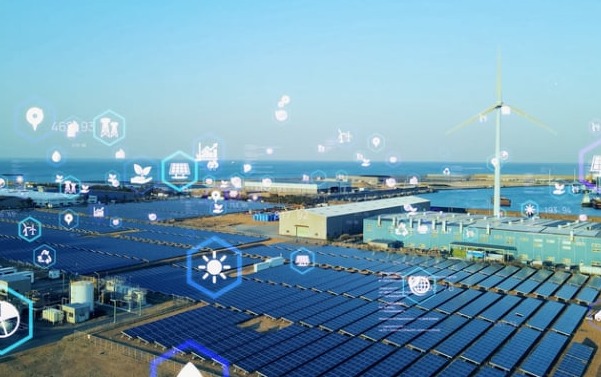
Energy Revolution
Amidst the global quest for sustainable and renewable solutions, the strategic application of catalysts emerges as a key component in the energy revolution, promoting a fundamental transformation in how we generate, store, and utilize energy.
Our sustainable catalysts represent a significant contribution to building a more sustainable future, where DELVE QUÍMICA's innovation drives the transformation in energy production responsibly.
